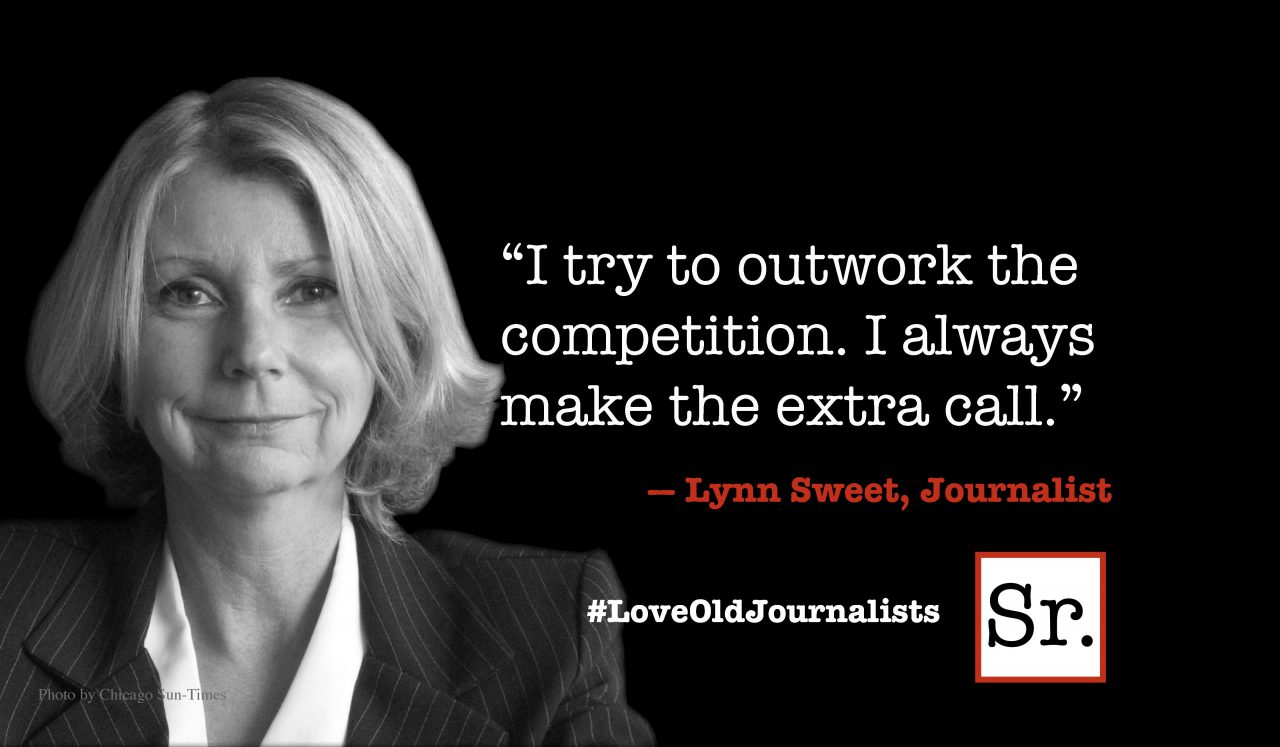I’ve been a critic of social media for a long time, probably because I’m old enough to find the mix of personal information and public visibility kind of eerie. But Facebook and Twitter are growing so fast in popularity that it’s nice to find some aspects of their services that I can get behind. One of them became apparent the day the recent 5.8-magnitude earthquake hit the East Coast. Suddenly cell phones were out across the region and in many other parts of the country as well, as heavy call volume overwhelmed the networks. My own cell phone couldn’t connect for hours.
Facebook and Twitter to the rescue, as a quick look at both solved the communications conundrum. First to pop up was a Facebook message from my son in California noting that his iPhone was suddenly a ‘brick,’ and advising people to contact him through the site. But Twitter proved the better news source. Here users can use a ‘hashtag’ like #earthquake in a tweet and all tweets with the same hashtag can be aggregated. Doing this made it easy to get a rundown of what was happening. SMS text messaging also worked for some of my friends, because it uses a lot fewer resources than a voice call and could get through the jammed networks.
Google+ stayed lively as well, and you can bet Facebook is watching. In fact, Facebook has announced changes to its own privacy settings that may be a result of the stiff competition from Google. One thing that has become perfectly obvious about Facebook is that the default settings have long been inadequate. The company has adjusted the defaults over a period of years, adding to user confusion but also prompting a huge proportion of users to learn how to tweak the settings themselves. A recent survey by Retrevo.com found that only 17 percent of the users surveyed did not know how to change their settings. Facebook needed to think about those defaults, especially in terms of how users control who will see what they want to post.
As the changes come into effect, you will be able to see audience choices for the items you post, all changeable with a click via a drop-down menu icon. Contrast this with having to make your way to the privacy settings page to look at the settings created when you opened your account. Comments you leave on the posts of others and items you tag will have the same granular controls over who sees the content as the company moves toward greater user control over sharing. You’ll also be able to approve or reject photos of you taken by other people from being added automatically to your profile page, a far more targeted way of controlling content.
Some of us are learning that we have no choice but to make some kind of peace with Facebook, given the number of family members and actual friends (as opposed to Facebook ‘friends’) who use the service. Google subsidiary Doubleclick revealed in August that the social networking site reached a phenomenal one trillion pageviews in June, making it the most visited website on the Internet, with some 870 million unique visitors that month. The reason for all the activity is that Facebook has mastered the art of keeping users on the site once they’ve signed in. Indeed, Facebook’s attributes as a ‘time sink’ have been noted by many of my readers, who nonetheless find the ability to click through photo galleries, conduct realtime chat and see the profiles of friends and co-workers has taken on an addictive character, a compulsion they can’t master.
And lest Facebook get too far ahead of us in its planning, let’s close with a mention of Push Pop Press, the digital book maker that the company acquired this summer. If the idea of Facebook publishing and distributing books on its site seems bizarre, I wouldn’t rule it out. Consider that the company has learned through experience how to create huge gaming audiences through games like FarmVille. It also can look at customer information amply available through its members’ likes and dislikes. There’s room here for an e-book bid as the latest attempt to mine the Facebook data mine, and I would expect more and more experimentation as the revenue model evolves.








